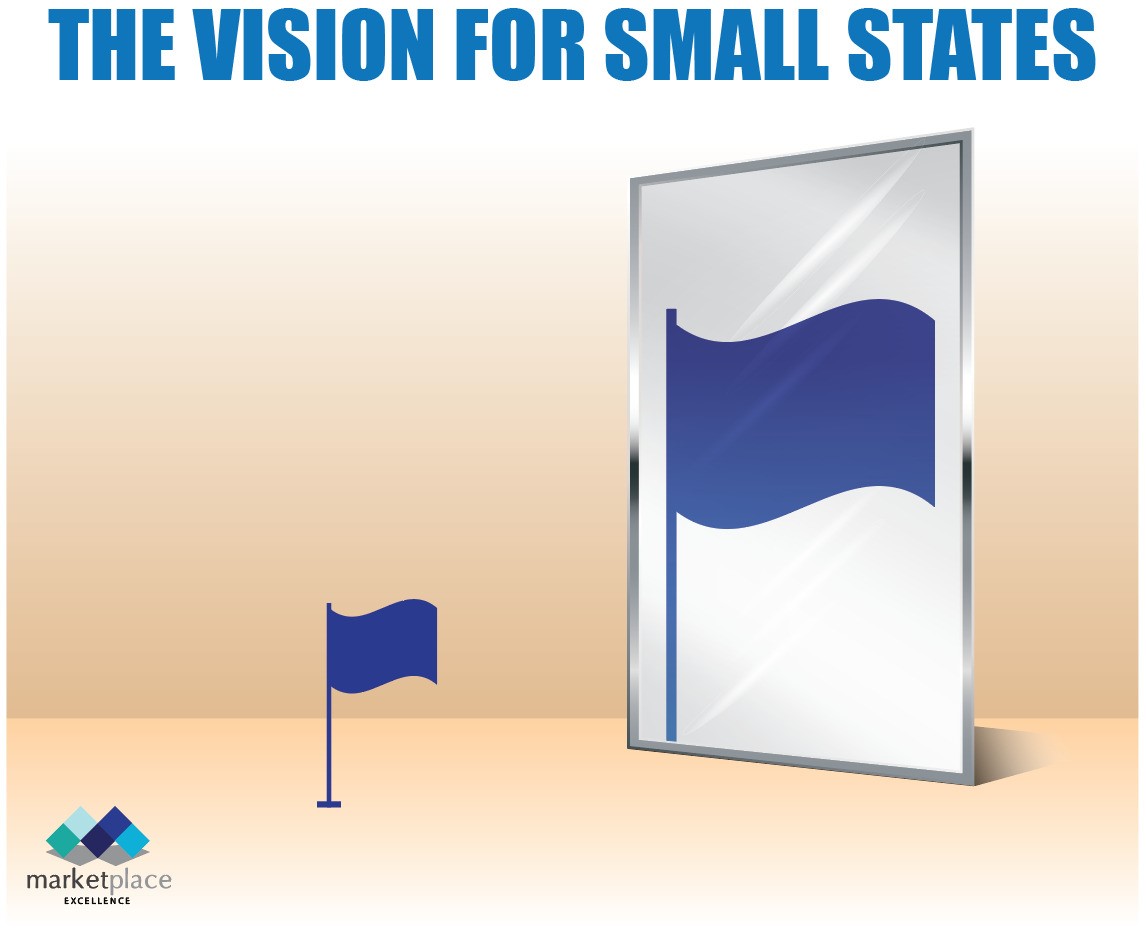“Where there is no vision, the people perish: but he that keepeth the law, happy is he.” – Proverbs 29:18
In his thought-provoking piece “Malnourished political consciousness”, published in last week’s Barbados Nation, political scientist Dr. Tennyson Joseph issued a timely challenge to the Caribbean body politic. He urged us to elevate our gaze beyond the cyclical routines of electoral politics and craft bold visions for the future. He questioned whether strong opposition, while valuable, should remain the ultimate goal of our democratic efforts. I appreciate Dr. Joseph’s reference to my recent column, “Democracy in the Caribbean”, and I welcome the discussions and reflections he invites.
Indeed, the Caribbean’s small states, rich in culture yet vulnerable in scale, require far more than opposition-based accountability. Comprehensive visions must address the full spectrum of our developmental needs, spanning the spiritual, political, social, physical, environmental and economic realms.
French philosopher Pierre Teilhard de Chardin once positioned humans (soul, mind and body) as spiritual beings enjoying an earthly experience. This perspective suggests that our physical and mental existence is a temporary vessel for a more profound, inner, eternal spiritual essence.
To nurture this essence, we must nourish our spiritual soul by adopting practices that connect us to ourselves and promote well-being. Mindfulness, connection with nature, and engaging in joyful and purpose-driven activities are ways to rekindle this spiritual perspective. Rediscovering such values could slow the rate of lost generations and lay the groundwork for posterity.
This adversarial, winner-takes-all mentality that dominates the region’s politics no longer serves us. Instead, Caribbean nations should adopt governance models focused on collaboration, transparency and shared purpose, as practiced in Singapore.
Political parties should be judged by the strength of their vision and execution, not simply on charisma or patronage. Electoral reforms, civic education, and sustained public engagement are essential to nurturing a mature democratic culture.
Socially, the region must invest in people, our most valuable asset. Investment in education, health care, youth engagement, and community development is essential, not an optional luxury. Addressing inequity must remain a priority. Our vision should promote pathways for social mobility, gender equity, and the inclusion of marginalized groups, including differently abled persons. Only by empowering all members of society can we unlock actual progress.
Our infrastructure, from rapid transport to technology, must support resilience, connectivity and efficiency. Smarter cities, modern national and regional transport systems, robust digital networks, and climate-adapt infrastructure should form the foundation of our vision. These are not aspirational concepts but necessary responses to the realities of climate volatility and global interdependence.
The Caribbean faces existential environmental threats, from rising sea levels to coral bleaching and intensifying floods and hurricanes. Environmental stewardship must be at the heart of every national development plan. Protecting biodiversity, enforcing sustainable land-use policies, investing in renewable energy, and prioritizing climate resilience are no longer optional – they are mission-critical.
Small states must be adaptable, innovative, and interconnected to thrive economically. While tourism and financial services remain vital, diversifying into the blue and green economies, technology, agro-processing, and creative industries offer paths to greater sustainability. Regional cooperation can enhance our global competitiveness, reduce redundancies, and unlock economies of scale. Central to this effort is the focus on enterprise development, with an imaginative focus on diversified exports.
Dr. Joseph is right. Strong opposition alone is not enough. Likewise, incorporating private sector resources in the statutory boards, while valuable, is not enough. What the region deserves is bold, imaginative, and future-focused leadership. We require a vision that reflects our shared aspirations, leverages our collective strengths, and mobilizes all sectors of society — the only true antidote to stagnation.
Let us reject political fatigue and embrace a culture of visionary thinking. For where there is no vision, the people perish, but with vision, the Caribbean can rise to its full potential.

(Dr. Basil Springer GCM is a corporate governance adviser. His email address is basilgf@marketplaceexcellence.com. His columns may be found at https://www.nothingbeatsbusiness.com.)
